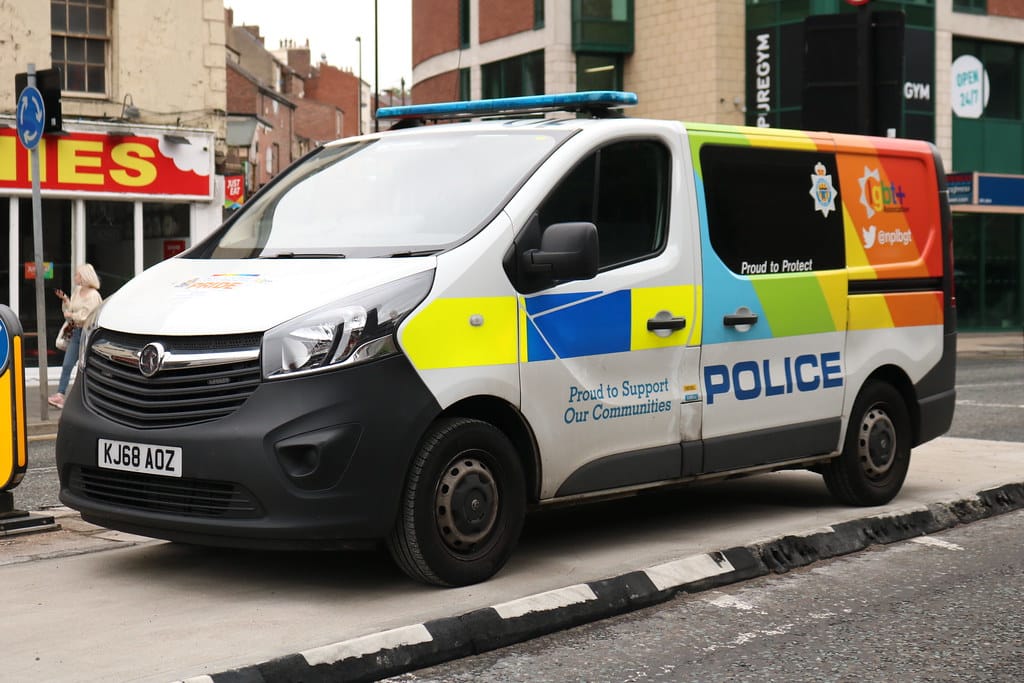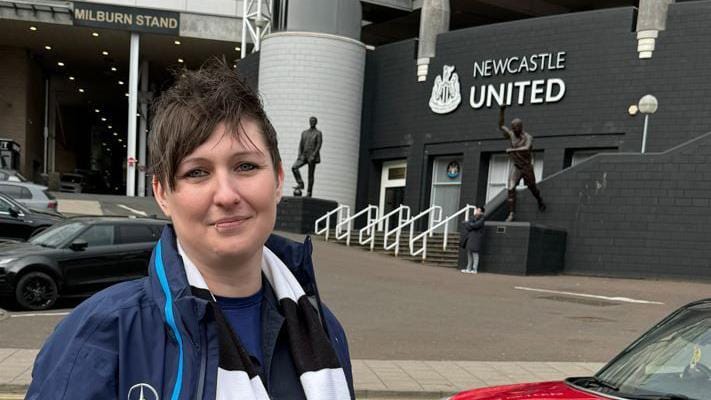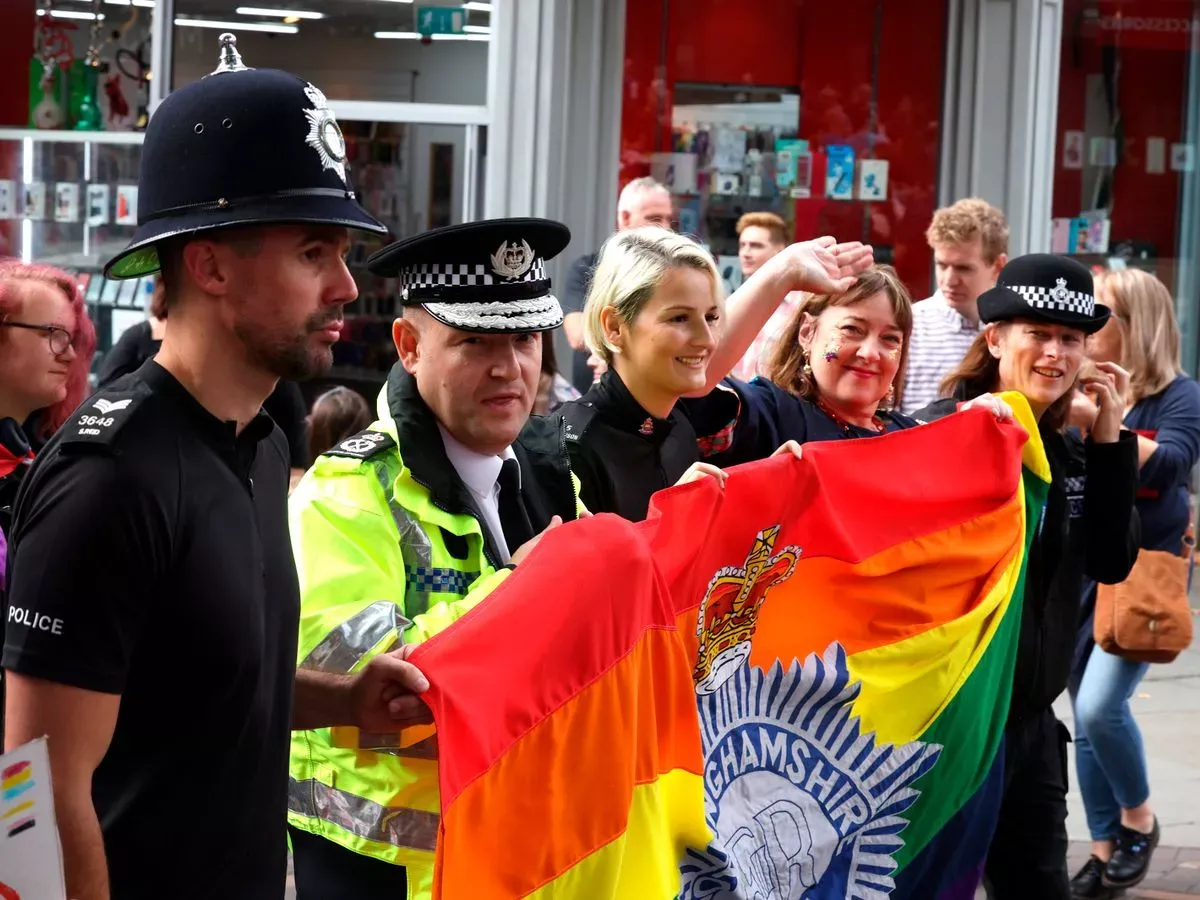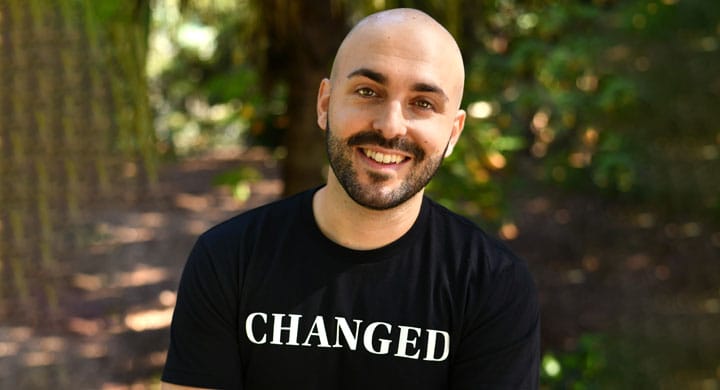Gender critic takes Northumbria Police to court for participating in Newcastle Pride March

A High Court judge has ruled that the Chief Constable of Northumbria Police acted unlawfully by allowing uniformed officers to participate in last year’s Newcastle Pride parade.
The legal challenge was brought by Lindsey Smith, a Newcastle resident who identifies as a lesbian and holds gender-critical views. Ms Smith argued that the presence of uniformed officers at the event compromised the force’s impartiality, particularly in matters involving tensions between gender-critical campaigners and transgender rights activists.
In a judgment handed down on Wednesday following a hearing in Leeds earlier this month, Mr Justice Linden concluded that Chief Constable Vanessa Jardine’s decision fell “outside the range of reasonable decisions open to her”.
Ms Smith welcomed the ruling, stating: “I’m delighted with the court’s judgment. Northumbria Police abandoned their duty of impartiality and embraced a highly controversial political cause. Their participation in the Pride march clearly shows where their sympathies lie.”

She added: “My hope is that Northumbria Police change their ways and follow this ruling. If they do, they will be policing the community for everyone.”
LGBTQ+ activists and allies have expressed significant concern and disappointment following the ruling.
According to reports, the decision has sparked widespread alarm within LGBTQ+ communities, who view the ruling as a setback for inclusion and visibility. Critics argue that the judgment effectively discourages police forces from engaging with marginalised communities in a meaningful way.
One LGBTQ+ rights advocate was quoted as saying the ruling “sends a chilling message to public institutions that standing in solidarity with the LGBTQ+ community is now considered political rather than a matter of equality and human rights”.
Activists also pointed out that Pride events are not solely political but are also about community, visibility, and safety, particularly for groups who have historically faced discrimination from law enforcement. They argue that police participation in uniform can help rebuild trust and demonstrate a commitment to fair treatment for all.
In response, Northumbria Police said it would review the judgment carefully but remained committed to its values of “fairness, visibility, and support for all”.

The force also confirmed that, going forward, only off-duty officers would be permitted to attend Pride events, and they would not be allowed to wear police uniforms. Uniformed officers staffing police stalls at such events would also be prohibited from displaying Pride insignia.
Chief Constable Jardine had previously defended the force’s participation, saying it was a way to demonstrate that the stigma historically faced by LGBT+ individuals would not be reflected in their interactions with police. “It’s about keeping people safe and engaging with communities who may have less confidence in policing,” the force said in a statement.
The ruling is expected to have wider implications for police forces across the country. Chief Constable Gavin Stephens, Chair of the National Police Chiefs’ Council, said the decision would be shared with other forces and that the College of Policing was working on updated guidance.
Ms Smith, who is also known as Linzi, previously made headlines after being banned from St James’ Park, home of Newcastle United, following complaints about social media posts deemed derogatory towards trans people. She had threatened legal action against the club over the ban.
Support independent LGBTQ+ journalism
Scene was founded in Brighton in 1993, at a time when news stories about Pride protests were considered radical. Since then, Scene has remained proudly independent, building a platform for queer voices. Every subscription helps us to report on the stories that matter to LGBTQ+ people across the UK and beyond.
Your support funds our journalists and contributes to Pride Community Foundation’s grant-making and policy work.
Subscribe today




Comments ()